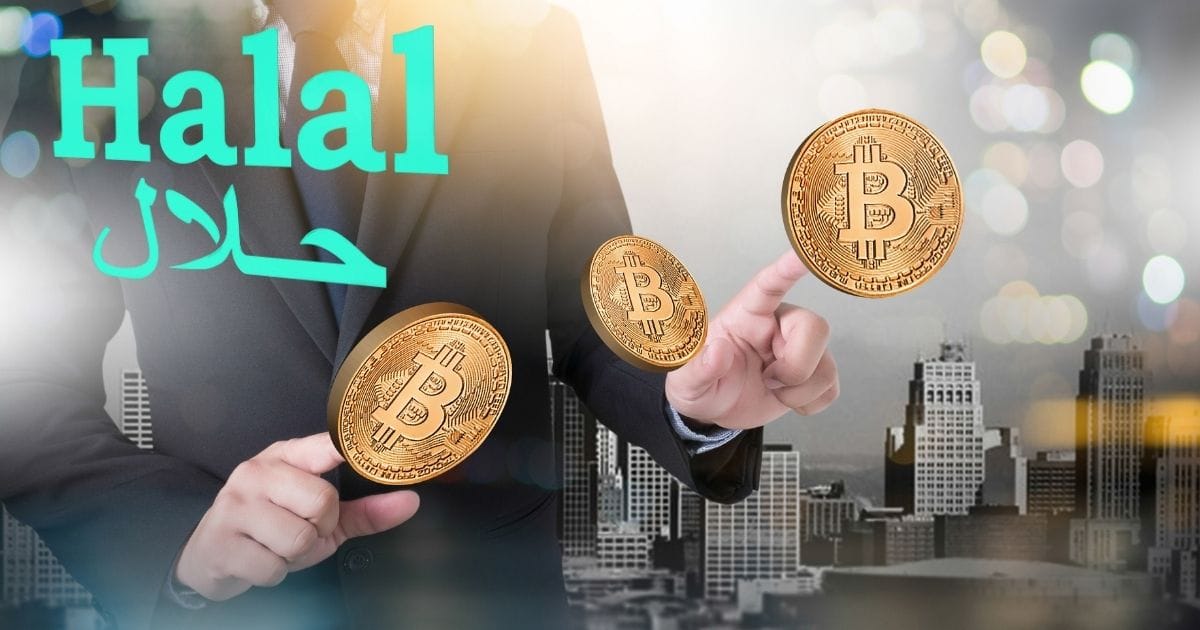
Is Blockchain Halal? A Shariah Perspective on Crypto Technology
Understanding whether blockchain and digital tokens like DinarX are allowed in Islam
As blockchain and cryptocurrencies like DinarX become more popular, many Muslims ask the same important question:
“Is this halal?”
Let’s explore the answer together by understanding what blockchain really is, what Islamic scholars say, and how it can benefit the ummah in a Shariah-compliant way.
📘 What is Blockchain, in Simple Terms?
Blockchain is like a digital ledger (notebook) that records transactions. The records are:
- Transparent – everyone can see them
- Permanent – no one can secretly delete or change them
- Decentralized – no one person or government controls the system
It can be used for many things: sending money, storing data, verifying contracts — all without needing a middleman.
⚖️ What Makes Something Halal in Finance?
According to Islamic finance principles, something is halal (permissible) when:
- It does not involve riba (interest)
- It avoids gharar (excessive uncertainty)
- It does not involve haram activities (like gambling, alcohol, etc.)
- It follows transparent and just practices
🧠 What Do Scholars Say About Blockchain and Crypto?
Over the past few years, many Islamic scholars and muftis have studied blockchain and crypto technology. Here’s what they generally agree on:
✅ Blockchain Technology Itself is Halal
- It is a tool, like the internet or a smartphone
- If used for good and halal purposes, it is allowed in Islam
🗣 “Blockchain, as a technology, is neutral. Its permissibility depends on the purpose and how it’s used.”
— Various fatwas from scholars in Malaysia, UAE, and the UK
🤔 Cryptocurrency: Halal or Not?
Some scholars are still debating cryptocurrencies like Bitcoin or Ethereum because:
- The prices are very volatile
- Some are used for speculation or gambling
But many scholars now permit the use of utility tokens (like DinarX) if:
- They have a clear purpose
- They are backed by real use cases
- They are not used for haram activities
🌟 Why DinarX is Designed to Be Shariah-Compliant
DinarX is a utility token used within the Masjid4All ecosystem to:
- Make donations to masjids
- Support halal businesses
- Reward community participation
It is not created for speculation or quick profits — but to build value within the Muslim community.
📌 No riba. No gambling. No hidden dealings.
Only transparency, fairness, and community benefit — all in line with Shariah.
🧭 Use Cases that Align with Islamic Values
Here are some real examples of how blockchain and DinarX can serve the ummah:
| Use Case | Shariah Value |
|---|---|
| Transparent masjid donations | Amanah & accountability |
| Automated contracts for hibah/wasiat | Ease in inheritance |
| Rewards for community work | Encouraging good deeds |
| Support halal vendors | Promoting halal economy |
📜 Fatwas & Opinions
Several global and local Islamic bodies have issued positive guidance:
- Majlis Ugama Islam Singapura (MUIS) – Encourages study and use of tech for halal purposes
- AAOIFI (Islamic finance standards body) – Recognizes digital assets as valid under certain rules
- Local Malaysian Shariah advisors – Support blockchain for Islamic wills, waqf, zakat, etc.
💬 Final Thoughts
Blockchain and tokens like DinarX are not automatically haram — they are tools. If used the right way, with the right purpose, they can:
- Empower the Muslim community
- Build trust in financial systems
- Make Islamic values easier to apply through technology
🕊️ “Verily, the trustworthy and honest merchant will be with the Prophets, the truthful, and the martyrs.”
(Hadith – Tirmidhi)
Let’s use this technology wisely and ethically, for the benefit of our deen and our community.